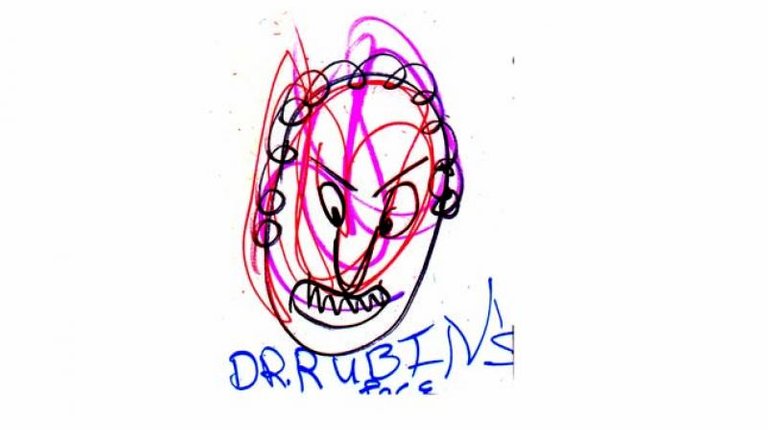Given a platform to express themselves and the freedom to do so, children who’ve suffered abuse can find ample breathing space.

It’s difficult to talk about abuse. This is where art comes in. It is non-restrictive and allows for maximum expression with minimum outside help. In his book, Art: The Basis of Education, author Devi Prasad quotes from Rabindranath Tagore’s article, ‘I was repeatedly fascinated by the way children’s drawings revealed the inside of their mind, its joys and its sorrows, its past experiences and its wishful thinking, and much more. Educational psychologists have now realised the potential of art as a tool for diagnostic purposes and also as a therapeutic activity.’
Artist C. Bhagyanath has worked in the area of child art and has come across several drawings by children that when looked into deeply have shown signs of sexual abuse. “Children draw right from the mind. Whatever hurt is deep inside them comes out on paper,” he says.
Mumbai-based cause consultant and Equal Rights Activist, Harish Iyer says, “Child sexual abuse is an epidemic. Our focus should be on remedy as much as it should be on prevention and protection. Of the many things that help transport a survivor to a world where he/she feels psychologically relieved and safe is ‘art’. It could be music, painting, culinary or even theatre, irrespective of the form or format, it helps one expend the energy generated for something positive.” Introducing therapeutic art from lower classes itself will help to bring about awareness as well as confidence to express. Often, children’s confessions to elders go unnoticed, or are hushed up by family members. In such situations, children’s grades drop, they become reclusive and, sometimes, even destructive.
Given a platform to express themselves and the freedom to do so, children who’ve suffered abuse can find ample breathing space. It is important to give art as much significance as curricular subjects. The results are here to justify. “In the art therapy sessions led by artists and psychologists, children expressed issues at home with parents — pressure to perform, inability to share feelings, etc. We have also had a child with Down’s Syndrome who has shown great improvement, better inter-personal response, is more attentive and focused,” says Tanya Abraham, founder of The Art Outreach Society and Director of Kashi Art Gallery. She adds that there are several children who’ve suffered abuse at various levels. She is working towards helping them express themselves through art.
Hi! I am a robot. I just upvoted you! I found similar content that readers might be interested in:
http://www.asianage.com/life/art/271117/art-to-the-rescue.html